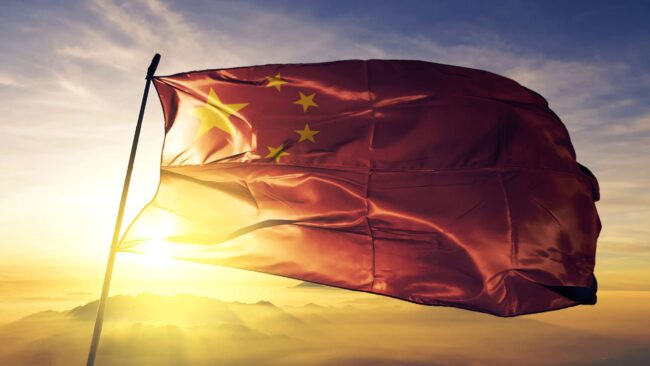New Report Exposes China’s Exploitation of U.S. Solar Market and Inflation Reduction Act Tax Credits
The report details how China has strategically positioned itself to dominate the U.S. and global solar markets through a combination of government subsidies, overproduction, and exploitation of U.S. policy loopholes—most notably, the tax credits created by the IRA.












